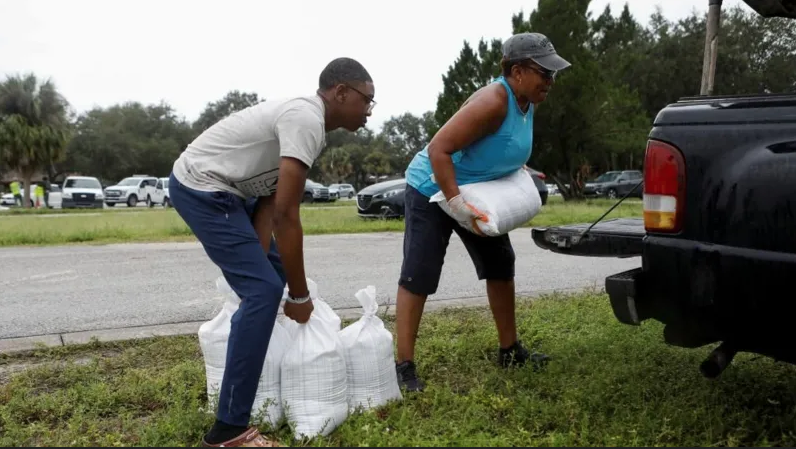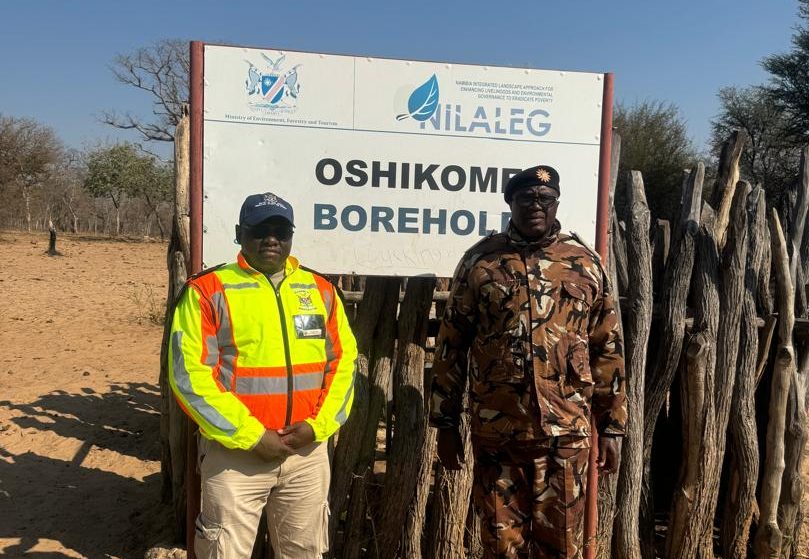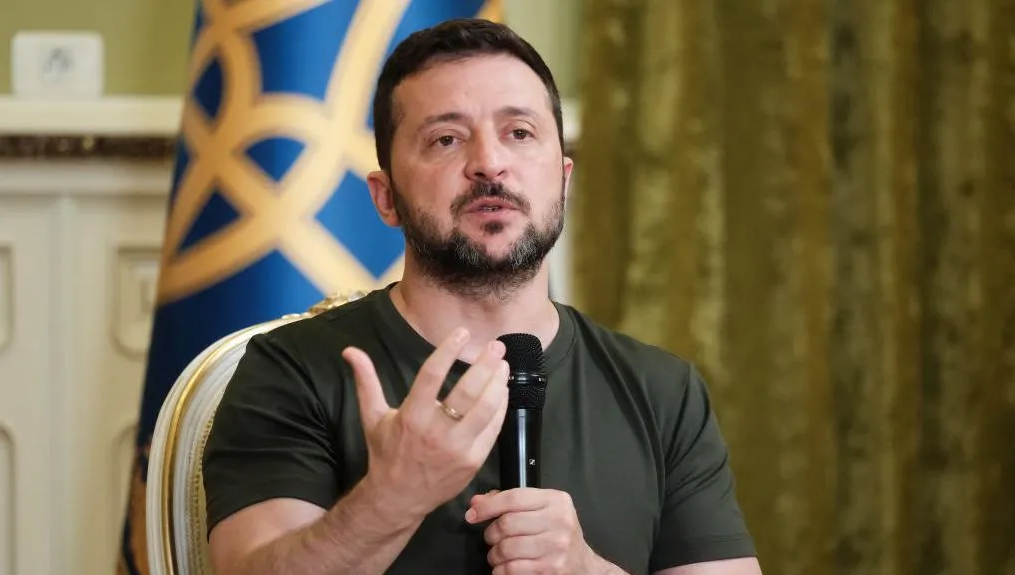Things don’t fall apart— the centre starts to hold as GNU takes shape
Written by on June 13, 2024
With a centre of consensus that is broadly social democratic, if conservative-populist on some of their respective policy planks, South Africa can fashion a craft to set sail into what is often called its uncharted new territory.
The IFP’s formal announcement that it will enter the government of national unity (GNU) brings the number of parties inside to five.
This graphic shows that the ANC, DA, IFP, Patriotic Alliance (PA) and Rise Mzansi have 68.4% of the national vote — enough to proceed while talks continue.
The five parties have all publicly said they will join a GNU and give some shape to Friday’s inaugural sitting of the National Assembly, where a Speaker and President will be elected in a session overseen by Chief Justice Raymond Zondo.
The five are also substantial enough in numbers and leadership to offer a centre to hold South Africa as it enters its first unity government in 30 years after the ANC lost the 29 May election.
On Wednesday, IFP leader Velenkosini Hlabisa announced in Durban that the party would join, ending speculation on whether the KZN stronghold would push the party toward Jacob Zuma’s uMkhonto Wesizwe party (MK).
South Africa needs a steady centre which is not a centrist, but a social democrat centre, to expand energy, logistics, crime and corruption reforms to rebuild the economy and get employment going. Here is what the IFP manifesto supports.
While the IFP will join a unity government nationally, the KwaZulu-Natal provincial government’s makeup is still in flux: on Wednesday, the National Freedom Party, which is the kingmaker with one seat, held talks with both the IFP and Zuma. Hlabisa said the IFP would still meet MK even though it had stood them up earlier in the busy day of bargaining.
With a centre of consensus that is broadly social democratic, if conservative-populist on some of their respective policy planks, South Africa can fashion a craft to set sail into what is often called its uncharted new territory.
The five parties have a similar economic outlook: all believe in a mixed economy with redistributive policies, including social income support and better education policies.
The IFP and the PA are most conservative on migration, and both support the reintroduction of the death penalty. With its strong rural base, the IFP wants enhanced powers and privileges for traditional leaders, a policy stretch with which it is ad idem with the MK party.
Rise Mzansi is further from the other four parties in its views on securing a basic income for impoverished households. Rise Mzansi ties this to effort and training, as does the DA.
The ANC’s pact of five now gives it space to negotiate in its own house. The party faces a substantial lobby to make nice-nice with the MK party. Former health minister, ANC NEC member and incoming MP Zweli Mkhize argued here that an ANC-DA pact would alienate voters and that an ANC-MK pact would reunite the party.
The election revealed that MK got support from “sleeper” members who were ANC in public and MK at the ballot box. Several senior leaders of the ANC want the EFF in the tent, but the Red Berets will not get into bed with the DA.
Of the five-party pact, the PA is the only one of South Africa’s three major populist parties (with MK and the EFF) to say it will join a GNU. It does not believe in socialism or nationalisation like the other two parties, but is nationalist and anti-migration, whereas the other four parties are not.
The IFP wants job reservation for South Africans, and if it pushes hard for its R3,000 grant for unemployed graduates, that will be expensive.
The post Things don’t fall apart— the centre starts to hold as GNU takes shape appeared first on The Namibian.


